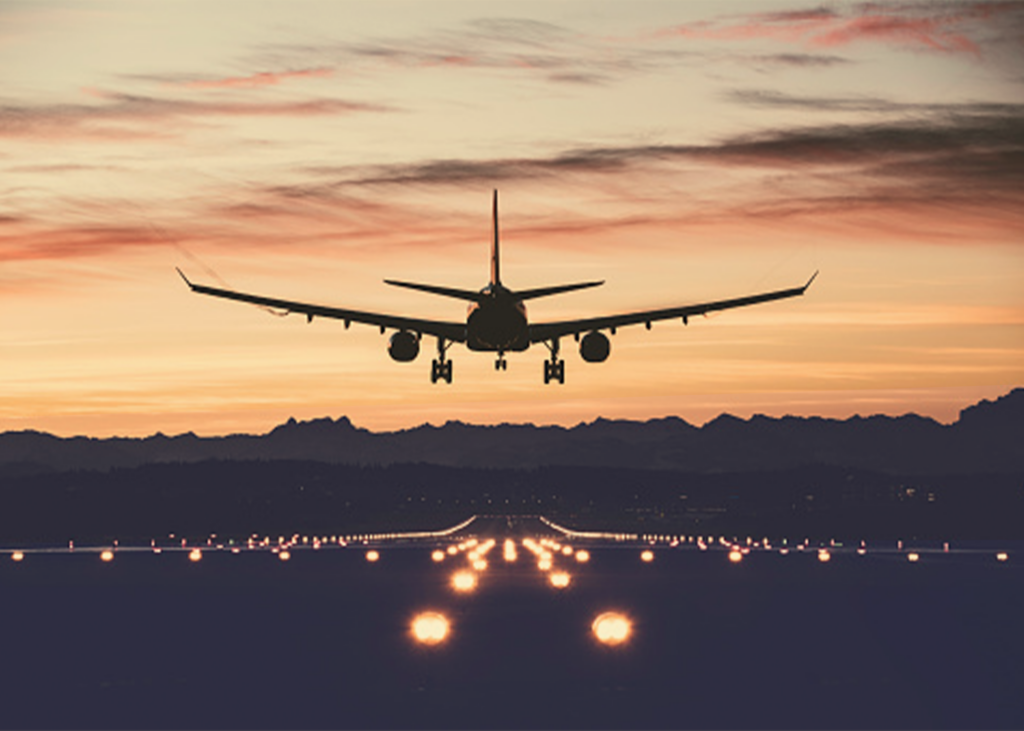Why some regional airlines are willing to risk passenger safety.
Hint: It all comes down to profit
The latest: Using false claims of a “pilot shortage” as an excuse, the nation’s two largest regional airlines — SkyWest Airlines and Republic Airways — asked the Department of Transportation (DOT) and the Federal Aviation Administration (FAA) for permission to dramatically cut pilot training and qualification requirements at those airlines, putting the lives of passengers and crew at increased risk.
- SkyWest Airlines has not only tried to cut service to more than two dozen small cities this year, but it has also sought approval to employ pilots with fewer hours of flight experience and training. ALPA opposes the airline’s application to cut safety.
Why this is wrong: Despite receiving billions of dollars in taxpayer-funded relief during the pandemic, both regional airlines are using a manufactured “pilot shortage” as an excuse to reduce proven and effective aviation safety laws and regulations to hire less experienced aviators for less pay. The attempts boil down to one thing: cutting costs in order to maximize profits.
The bottom line: SkyWest Airlines and Republic Airways are willing to risk flight safety to save on operational costs.
“Republic and SkyWest are now conceding that, despite receiving substantial federal support, they still can’t figure out how to competently manage an airline without cutting corners on safety.”
Dive deeper: Republic Airways and SkyWest Airlines both recently filed independent petitions seeking approvals that would diminish pilot qualification, experience and licensing requirements while putting passengers and small communities that depend on safe air service at greater risk.
SkyWest’s questionable move
- For the record: Thanks to taxpayer-funded relief subsidies, SkyWest, the nation’s largest regional airline, according to its own data.
- A dubious request, part 1: Less than a month after applying to expand its Essential Air Service (EAS) early this year, SkyWest abruptly changed course and tried to cut service to 29 small cities, citing pilot staffing challenges. DOT rejected that plan and required the airline to continue service to each city until a replacement is found.
- It’s all about profit: “The airline’s blatant attempt to cherry-pick certain EAS communities over others exposes not a pervasive staffing concern but an intentional decision to prioritize lucrative markets,” ALPA President Capt. Joe DePete said.
- Denied, SkyWest proposes a clever workaround: Now, SkyWest is trying out a different tactic: requesting that the DOT allow it to use a regulatory loophole that would shift some of its current scheduled operations to an “alter ego” charter subsidiary that would use the same planes with fewer seats to operate under less stringent federal regulations. Becoming a commuter air carrier that runs charter flights would allow SkyWest to fall under different safety regulations and employ first officers with less training and experience and fewer FAA licenses. Simply put, they want to remove seats to justify using pilots with less experience and fewer training hours.
Meanwhile, at Republic Airways
- A dubious request, part 2: The regional airline asked the FAA to provide an exemption for pilot flight experience and qualification requirements for aspiring aviators enrolled in the company’s private flight academy. The FAA denied the request.
- Cutting flight experience in half: Republic argued its program is equal to that of the U.S. military, and trainees should be able to operate commercial aircraft after 750 flight hours of experience. That’s half the currently required 1,500 hours to qualify for the Air Transport Pilot (ATP) certificate.
- ‘Flat-out wrong’: However, Republic provided no data or substantiation to support the request for exemption from current regulations. “Republic’s proposal that their academy is equivalent to pilot training provided by the United States military and better than professional pilot training … is just flat-out wrong,” ALPA President Capt. Joe DePete said.
The bottom line: Today’s highly skilled, trained and qualified pilots are the reason for the industry’s exemplary safety record. Allowing airlines to skirt and lower the level of safety should never be up for discussion — especially when it’s a tactic to maximize profits.
“Not only is this proposal a solution in search of a problem; it’s a solution that would have real life-and-death consequences if approved,” DePete said.
